Choosing the right motorcycle engine is crucial for ensuring an enjoyable and efficient riding experience. The engine significantly influences a bike’s performance, feel, and suitability for specific riding styles or conditions. Understanding the different types of engines, their features, and how they impact your ride will help you make an informed decision. This article will explore the various motorcycle engines available, factors to consider when choosing one, and tips for maintenance to keep your engine running smoothly.
Understanding Motorcycle Engine Types
Single-Cylinder Engines
Single-cylinder engines, as the name suggests, consist of one cylinder. These engines are often found in lightweight motorcycles and dirt bikes. One of their primary advantages is their simplicity, which translates to lower maintenance costs. Single-cylinder engines are known for their strong low-end torque, making them suitable for off-road riding and navigating urban streets.
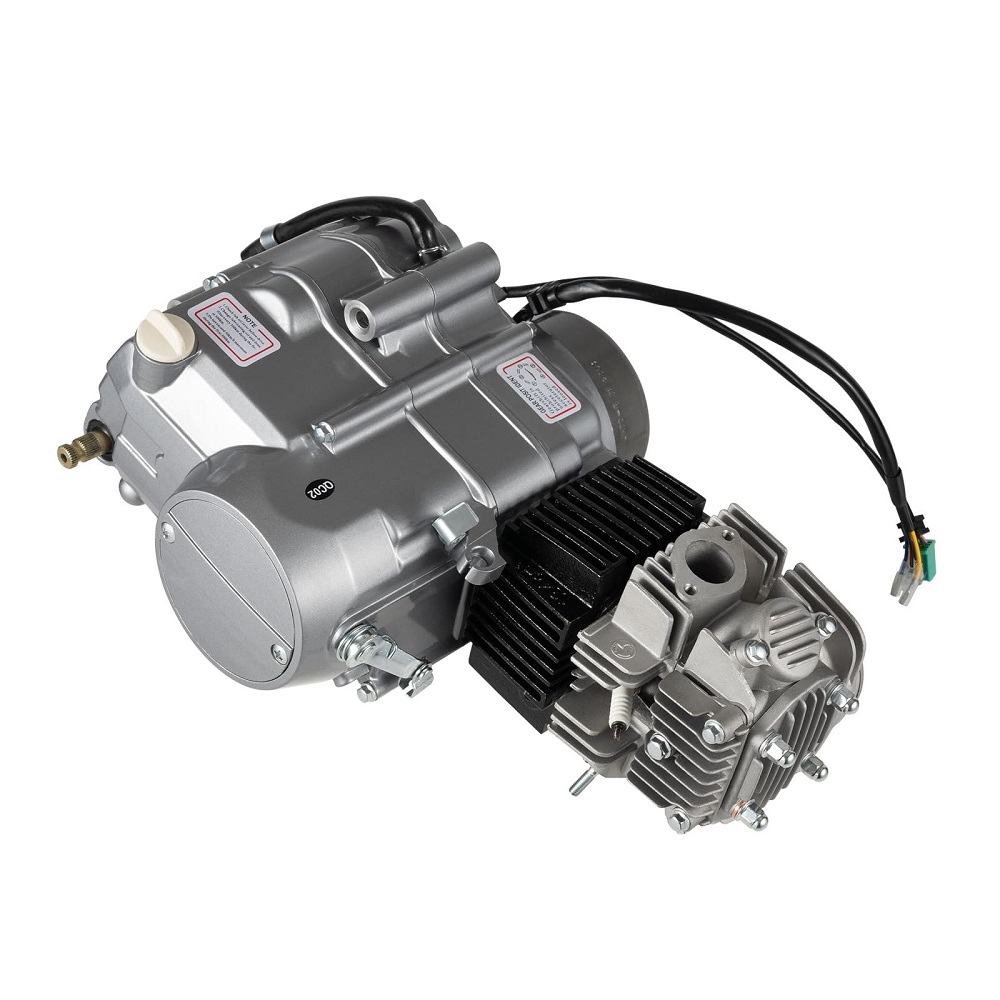
Parallel-Twin Engines
Parallel-twin engines feature two cylinders arranged side by side. This design achieves a balance between performance and efficiency. Parallel-twin engines are commonly found in mid-range motorcycles. They provide more power than single-cylinder engines while maintaining a lighter weight compared to larger configurations. Riders appreciate their smooth power delivery and versatility for various riding styles.
V-Twin Engines
V-twin engines are characterized by two cylinders arranged in a V-shape. This engine type is prevalent in cruiser and touring motorcycles. V-twins deliver ample torque, making them suitable for low-speed riding and highway cruising. They produce a distinctive rumble that many riders find appealing. However, they can be heavier and bulkier than parallel-twin or single-cylinder engines.
Performance Characteristics of Different Engine Types
Power and Torque
Power and torque play a critical role in a motorcycle’s performance. The amount of horsepower and torque generated by an engine determines how quickly a motorcycle can accelerate. Single-cylinder engines typically offer high torque at lower RPMs, making them suitable for city riding. In contrast, multi-cylinder engines, such as V-twins and inline-four engines, produce higher horsepower, allowing for faster acceleration on highways and during overtaking maneuvers.
Engine Size and Displacement
The size of a motorcycle engine is often measured in cubic centimeters (cc). A higher displacement generally indicates more power and performance. For instance, a 1000cc engine will typically outperform a 500cc engine. However, factors such as weight and torque distribution also affect performance. It’s essential to consider both the engine size and the overall weight of the motorcycle when evaluating performance characteristics.
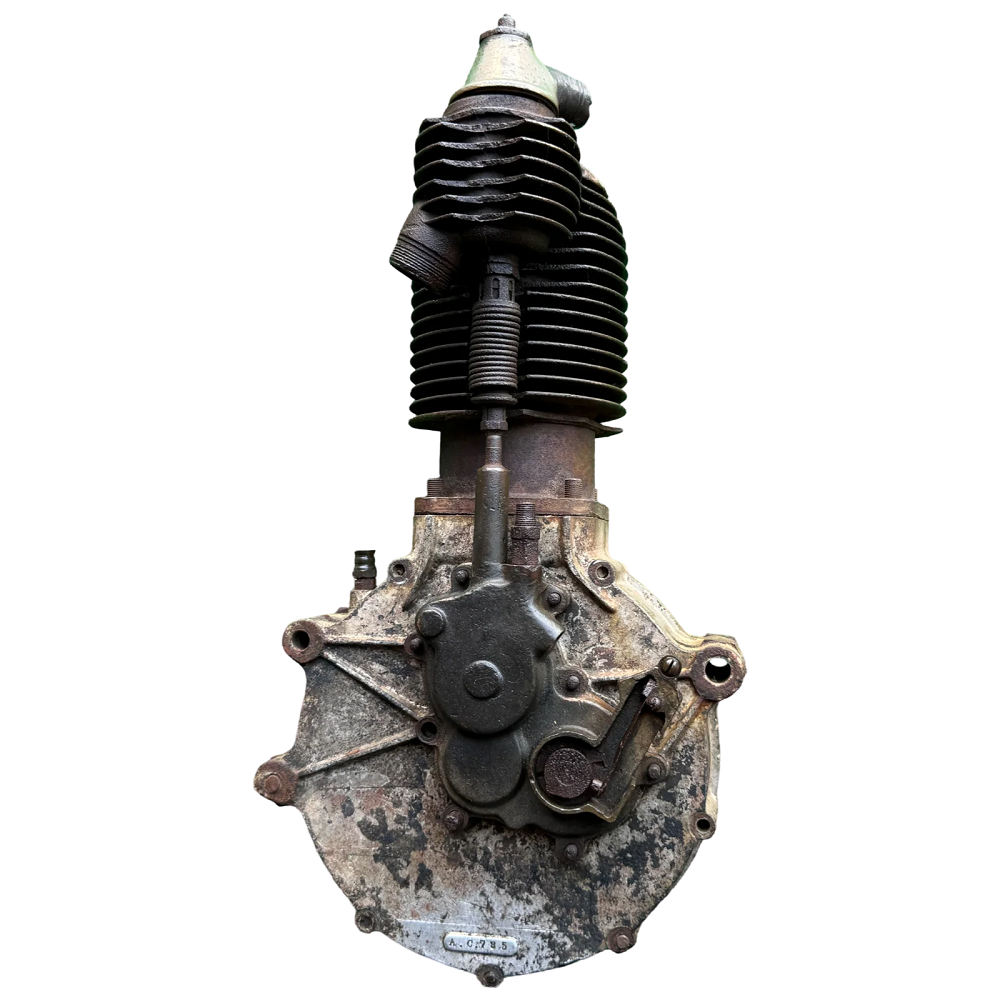
Fuel Efficiency
Fuel efficiency is another vital characteristic to consider when selecting a motorcycle engine. Smaller engines, such as single-cylinder models, often provide better fuel economy. However, advancements in technology have improved the efficiency of larger engines. Riders focused on long-distance travel or daily commuting should consider the balance between power and fuel efficiency to optimize their rides.
Identifying Your Riding Style
Commuting and City Riding
For commuting and city riding, consider smaller engines that provide excellent maneuverability and fuel efficiency. Motorcycles with single-cylinder or parallel-twin engines are often ideal in this scenario. They allow for quick city navigation, avoiding congestion and being lightweight enough for easy handling. Choose a bike that matches your daily needs, ensuring that it is sufficient for your commute.
Touring and Long-Distance Rides
For touring or long-distance rides, larger engines with higher displacement are preferable. V-twin and inline-four engines often provide powerful performance and comfort over extended distances. These engines typically offer better stability and control, allowing riders to cover long miles without fatigue. When choosing a touring motorcycle, prioritize comfort features alongside engine size.
Off-Road Adventure Riding
If you plan to engage in off-road adventures, consider motorcycles equipped with single-cylinder engines. Their lightweight design and strong low-end torque make them suitable for rugged terrain. These engines are often easier to control during difficult maneuvers, providing a more enjoyable off-road experience. Look for models specifically designed for adventure riding with appropriate suspension and tire features.
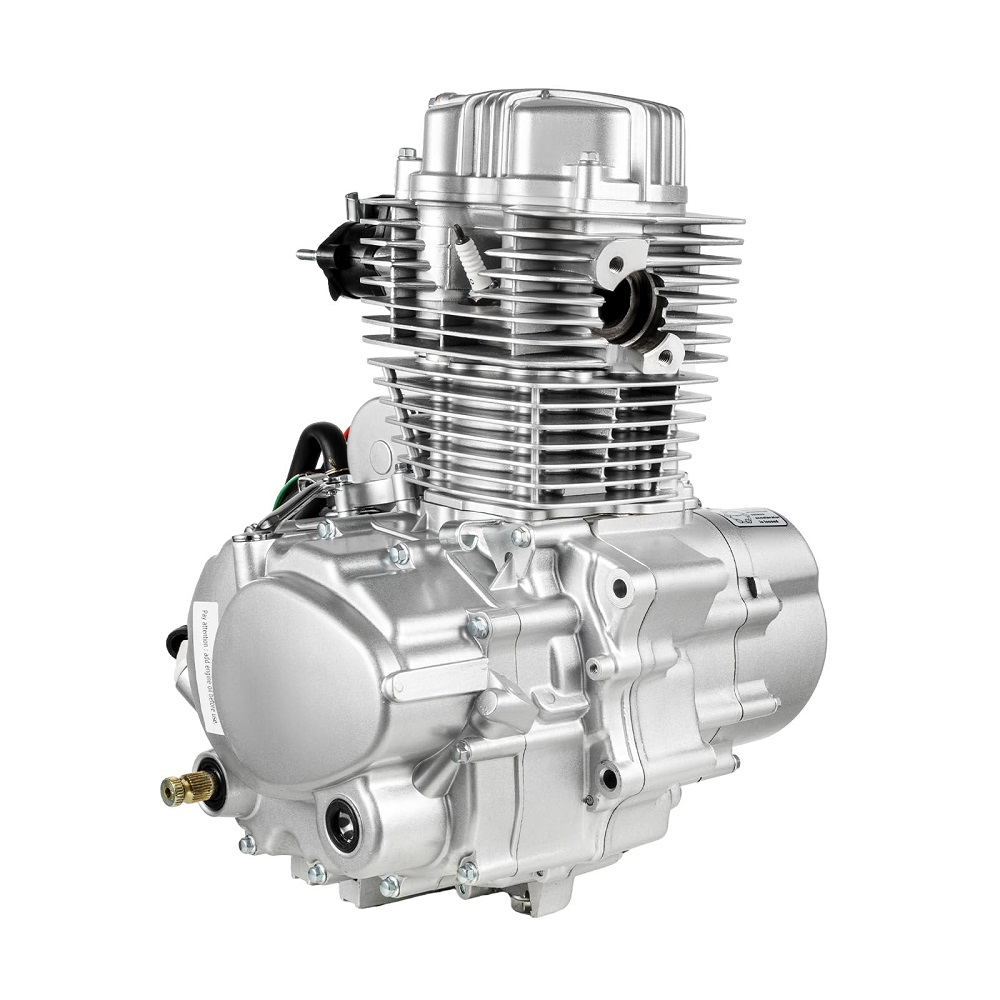
Important Factors to Consider
Budget Constraints
Budget is an essential factor when selecting a motorcycle engine and bike. Determine the price range you are comfortable with before making a decision. Not only should you consider the initial purchase price but also ongoing costs such as insurance, maintenance, and fuel. Setting a realistic budget will help guide your choices when looking at different models and engine types.
Brand Reputation
The reputation of the brand plays an important role in making an informed decision. Well-established manufacturers often prioritize quality, performance, and customer service. Research brands and read reviews from other riders to gauge their experiences with specific engine types and models. Reputable brands will likely provide good warranties and better support.
Local Regulations and Licensing
Before purchasing a motorcycle, it’s essential to familiarize yourself with local regulations and licensing requirements. Some regions have restrictions regarding engine size and type for new riders. Consider these regulations when choosing an engine to ensure compliance and safety. Understanding the legal aspects will prevent future complications and enhance your riding experience.
Evaluating Motorcycle Engine Technology
Modern Innovations
Technological advancements have transformed motorcycle engines over recent years. Innovations such as electronic fuel injection (EFI), variable valve timing, and advanced engine management systems have improved performance and fuel efficiency. When selecting a motorcycle engine, consider these technologies to gain an advantage in reliability and responsiveness.
Eco-Friendly Options
With the increasing focus on environmental issues, many manufacturers are exploring eco-friendly engine options. Electric motorcycles are gaining traction, offering a sustainable alternative to traditional combustion engines. These electric engines provide instant torque and quieter rides, making them suitable for urban commuting. If you’re concerned about environmental impact, researching electric options may be worthwhile.
Maintenance and Serviceability
When evaluating motorcycle engines, consider the maintenance and serviceability of the engine type. Some engines may require specialized knowledge or tools for servicing. Selecting a motorcycle with accessible parts and widespread service networks can make maintenance easier and more cost-effective. Understanding maintenance requirements can minimize future hassles.
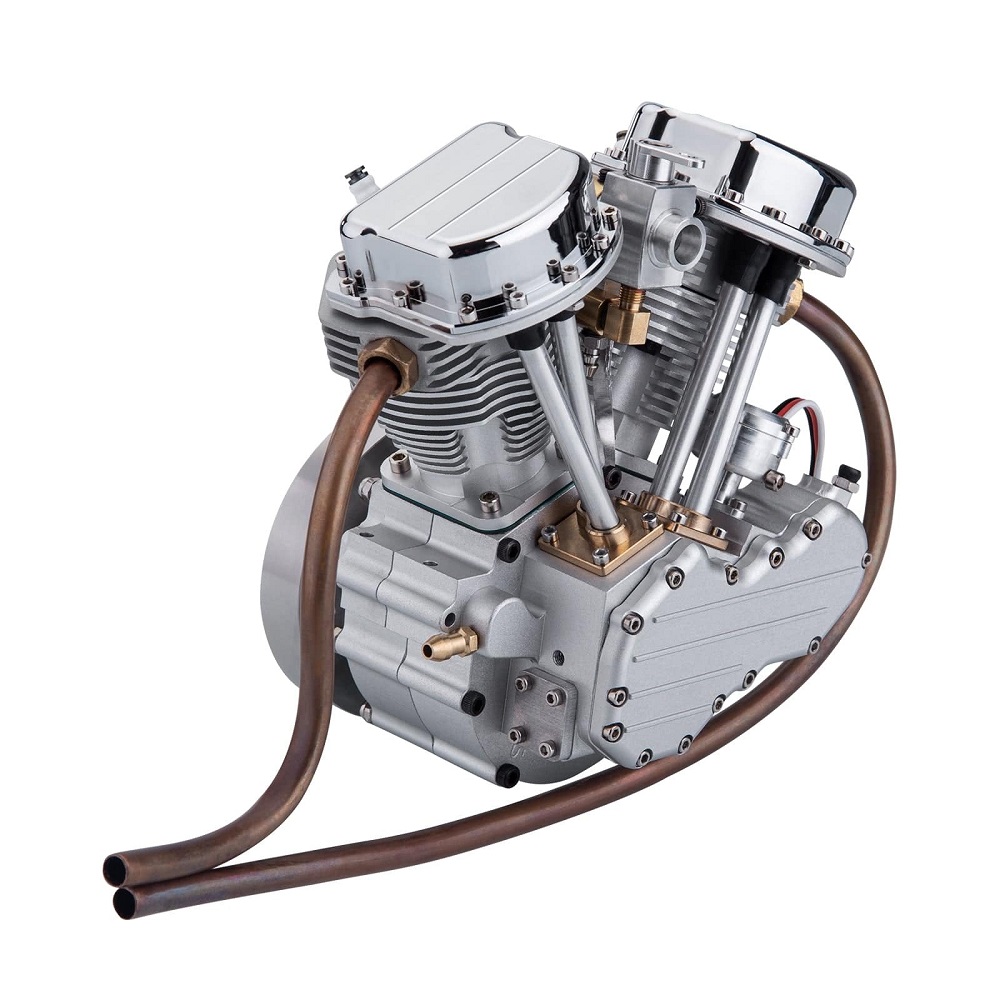
Personalizing Your Motorcycle Experience
Accessories and Modifications
Once you select a motorcycle with the right engine, consider customizing it with accessories or modifications. From performance upgrades to aesthetic enhancements, personalizing your bike can improve the riding experience. Popular modifications include exhaust systems, air filters, and comfortable seats, which can enhance performance, comfort, and style.
Joining Riding Groups
Engaging with fellow riders can enrich your motorcycle experience. Joining riding groups, forums, or local communities offers a chance to share knowledge, tips, and experiences. These connections can not only provide valuable insights into different engine types and models but can also create lasting friendships.
Attending Events and Rallies
Participating in motorcycle events and rallies is another way to deepen your passion for riding. These gatherings often feature vendors showcasing the latest motorcycles and technologies. You can also connect with industry professionals who can provide insights into your engine type. Plus, the camaraderie among riders creates a vibrant atmosphere celebrating motorcycle culture.
Long-Term Investment Considerations
Resale Value Evaluation
While focusing on the initial purchase is essential, consider the long-term investment when choosing motorcycle engines. Some engine types and brands retain their resale value better than others. Conduct research on model popularity and market demand to ensure your investment holds value over time. The right choice may allow for a greater return when it comes time to upgrade or sell your bike.
Overall Longevity
Longevity is another factor to consider when choosing a motorcycle engine. Engines with a reputation for reliability and longevity can save you money on repairs and replacements. Understanding the history and performance of specific engine types allows you to make a more informed decision. A well-chosen engine can provide enjoyable riding experiences for years, making it a wise investment.
Warranty and Support
Always inquire about warranty options and customer support when selecting a motorcycle engine. A solid warranty can provide peace of mind, especially for new motorcycle purchases. Be sure to read the fine print and understand what is covered under warranty. Reliable customer support is essential for addressing any issues that may arise during ownership.
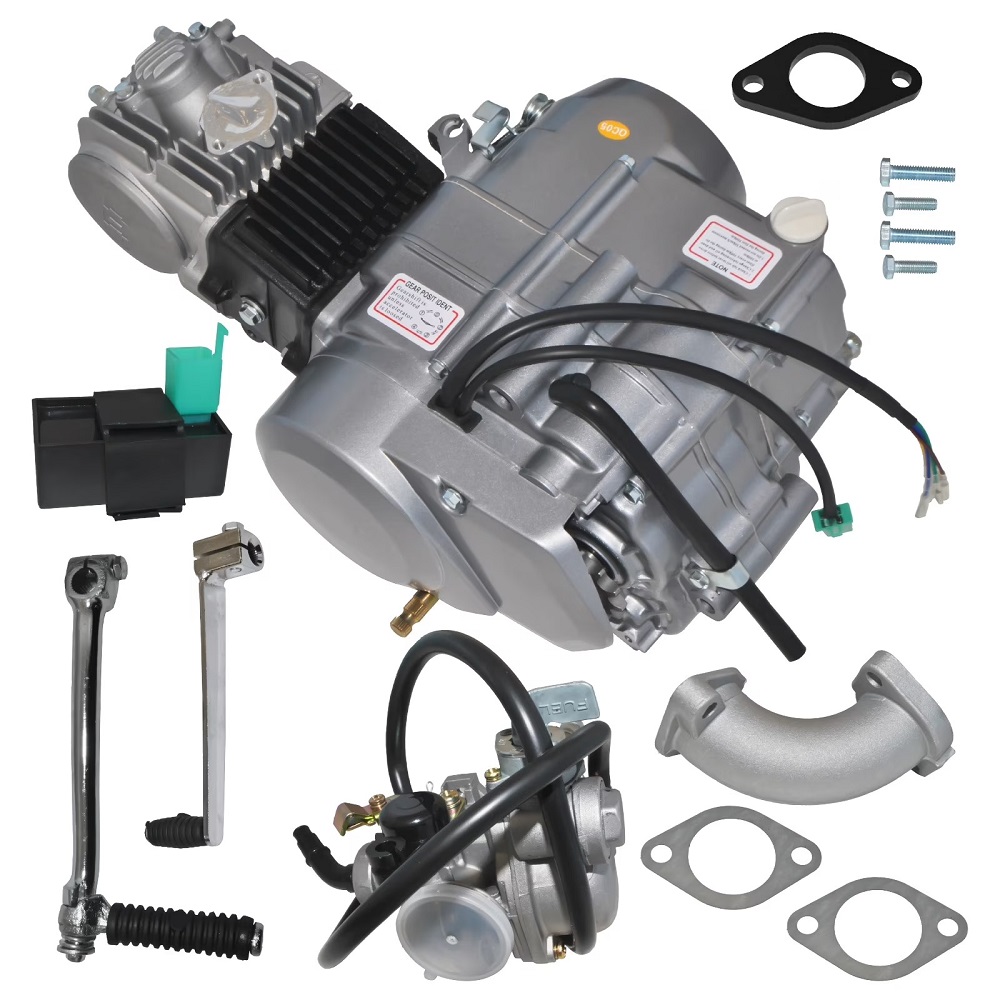
FAQ:
1. What are the different types of motorcycle engines?
Answer: The main types of motorcycle engines include single-cylinder, twin-cylinder (parallel-twin and V-twin), triple-cylinder, and four-cylinder engines. Each type has distinct characteristics, such as power delivery and weight, affecting performance, handling, and riding experience.
2. How do I choose the right engine size for my motorcycle?
Answer: Choosing the right engine size depends on your riding experience, comfort level, and intended use. Smaller engines (under 250cc) are ideal for beginners and city commuting, while larger engines (over 500cc) offer more power for highway riding and long distances. Consider test riding various sizes to find what feels best for you.
3. What is the significance of engine displacement in motorcycles?
Answer: Engine displacement, measured in cubic centimeters (cc), indicates the engine’s size and helps determine its power output and torque. Generally, larger displacement engines provide more power and better performance, especially for faster highway speeds and heavy loads, but they may require more skill to handle.
4. How does engine configuration affect motorcycle performance?
Answer: Engine configuration impacts performance characteristics such as power delivery, torque, and weight distribution. For instance, V-twin engines often provide strong low-end torque, benefiting cruisers, while inline-four engines offer high RPM power, making them common in sport bikes. The choice depends on your riding style and preferences.
5. What maintenance should I consider for motorcycle engines?
Answer: Regular maintenance for motorcycle engines includes oil changes, checking and replacing air filters, monitoring coolant levels, and inspecting spark plugs and belts. It’s essential to follow the manufacturer’s maintenance schedule to keep the engine running smoothly and to extend its lifespan. Checking the manual for specific requirements is recommended.
In conclusion, choosing the right motorcycle engine is a critical decision in your riding journey. Understanding the various engine types, their features, and how they relate to your desired riding experience will help you make a smart choice. By considering your needs, budget, and the factors mentioned above, you will be well-equipped to select motorcycle engines that elevates your riding experience.
Tailor Your Decision to Personal Needs
Remember to prioritize your personal preferences and riding style. Take the time to assess what type of riding you plan to do, whether it’s commuting, touring, or off-roading. Tailoring your decision to your needs will ensure ultimate satisfaction with your choice.
Embrace Community Insights
Engaging with the motorcycle community can also enhance your overall experience. Sharing knowledge and experiences with fellow riders fosters a supportive environment, giving you access to valuable insights. Don’t hesitate to seek advice and learn from others who share your passion for motorcycles.
Enjoy Every Ride
Ultimately, the most important aspect is to enjoy every ride. By understanding top-rated motorcycle engines types explained in detail, you can select the one that offers the power and performance you desire. However, it’s the experience of riding that truly matters. Embrace the freedom of the open road, and savor every moment spent on your bike. With the right engine powering your adventures, you’ll be ready for countless exciting journeys ahead!
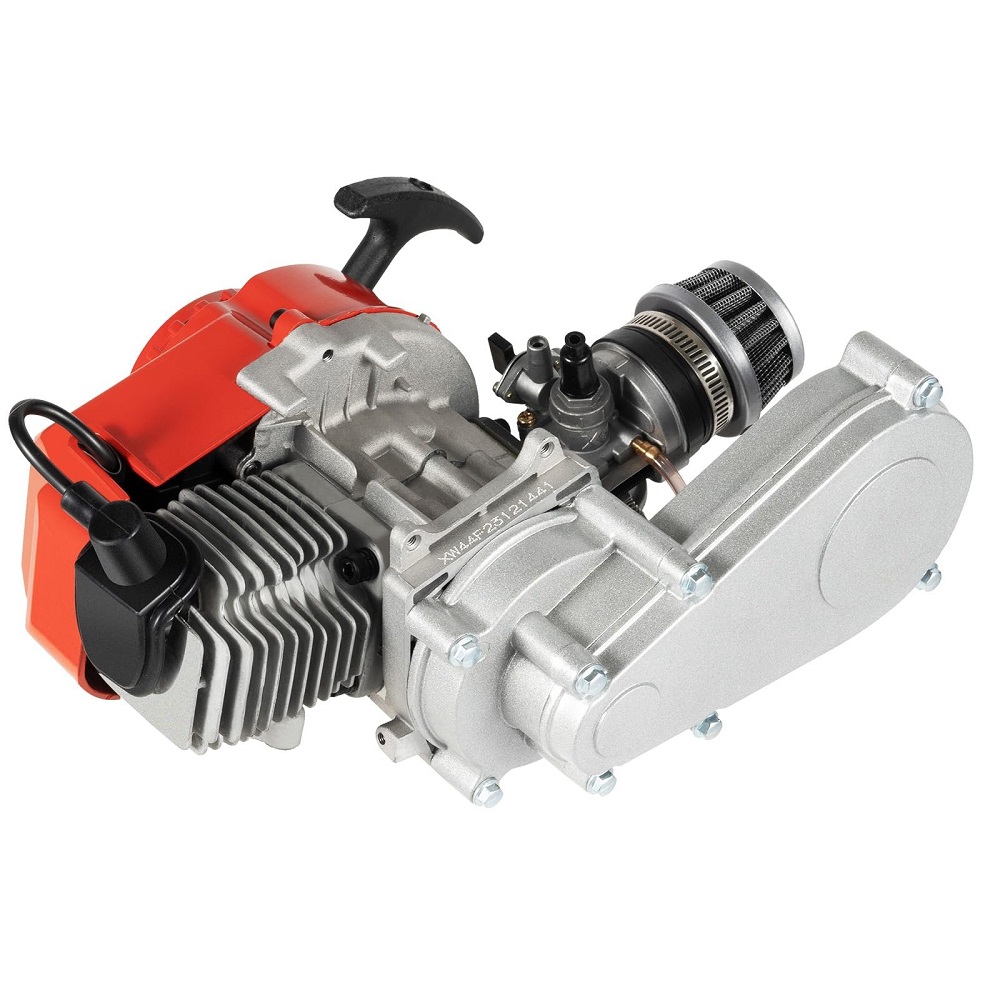
Leave a Reply